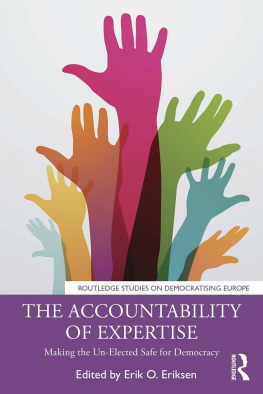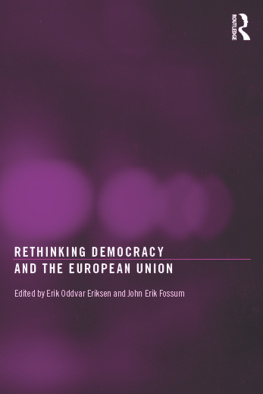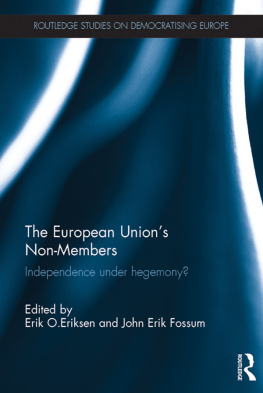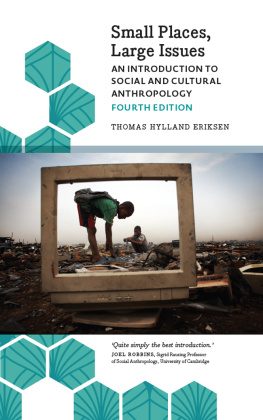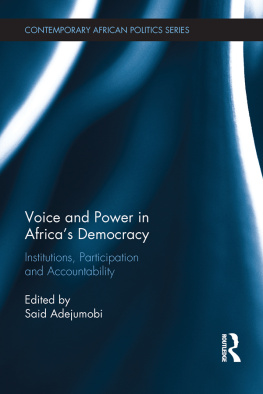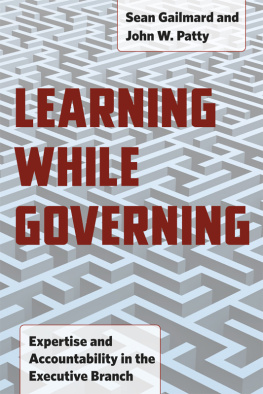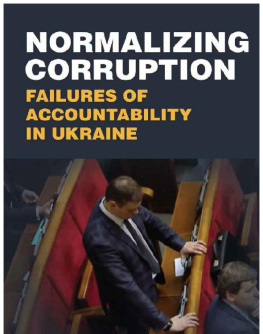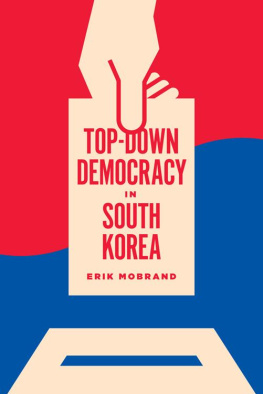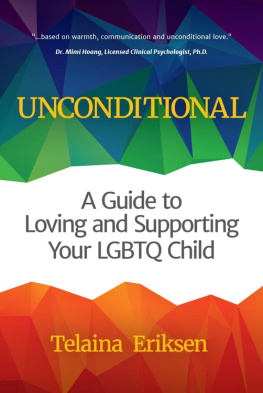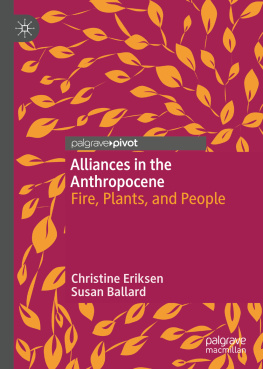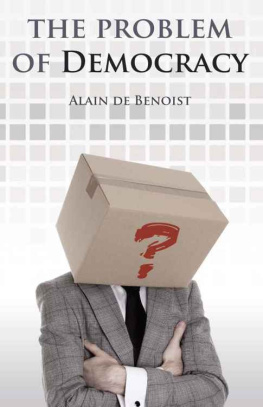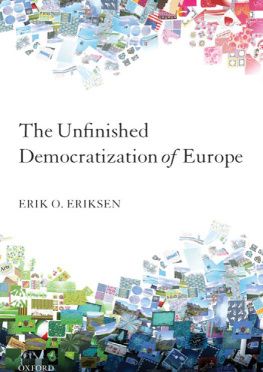Erik Oddvar Eriksen - The Accountability of Expertise: Making the Un-Elected Safe for Democracy
Here you can read online Erik Oddvar Eriksen - The Accountability of Expertise: Making the Un-Elected Safe for Democracy full text of the book (entire story) in english for free. Download pdf and epub, get meaning, cover and reviews about this ebook. year: 2021, publisher: Routledge, Taylor & Francis Group, genre: Politics. Description of the work, (preface) as well as reviews are available. Best literature library LitArk.com created for fans of good reading and offers a wide selection of genres:
Romance novel
Science fiction
Adventure
Detective
Science
History
Home and family
Prose
Art
Politics
Computer
Non-fiction
Religion
Business
Children
Humor
Choose a favorite category and find really read worthwhile books. Enjoy immersion in the world of imagination, feel the emotions of the characters or learn something new for yourself, make an fascinating discovery.
- Book:The Accountability of Expertise: Making the Un-Elected Safe for Democracy
- Author:
- Publisher:Routledge, Taylor & Francis Group
- Genre:
- Year:2021
- Rating:5 / 5
- Favourites:Add to favourites
- Your mark:
- 100
- 1
- 2
- 3
- 4
- 5
The Accountability of Expertise: Making the Un-Elected Safe for Democracy: summary, description and annotation
We offer to read an annotation, description, summary or preface (depends on what the author of the book "The Accountability of Expertise: Making the Un-Elected Safe for Democracy" wrote himself). If you haven't found the necessary information about the book — write in the comments, we will try to find it.
The Accountability of Expertise: Making the Un-Elected Safe for Democracy — read online for free the complete book (whole text) full work
Below is the text of the book, divided by pages. System saving the place of the last page read, allows you to conveniently read the book "The Accountability of Expertise: Making the Un-Elected Safe for Democracy" online for free, without having to search again every time where you left off. Put a bookmark, and you can go to the page where you finished reading at any time.
Font size:
Interval:
Bookmark:
Technocracy in disguise?
Anne Elizabeth Stie
Gender and politics in the European Union
Edited by Yvonne Galligan
Independence under hegemony?
Edited by Erik Oddvar Eriksen and John Erik Fossum
Magdalena Gra, Cathrine Holst and Marta Warat
The European Unions Post-Crises Conundrum
Edited by Jozef Btora and John Erik Fossum
Making the Un-Elected Safe for Democracy
Edited by Erik O. Eriksen
INTRODUCTION
Making the unelected safe for democracy
Font size:
Interval:
Bookmark:
Similar books «The Accountability of Expertise: Making the Un-Elected Safe for Democracy»
Look at similar books to The Accountability of Expertise: Making the Un-Elected Safe for Democracy. We have selected literature similar in name and meaning in the hope of providing readers with more options to find new, interesting, not yet read works.
Discussion, reviews of the book The Accountability of Expertise: Making the Un-Elected Safe for Democracy and just readers' own opinions. Leave your comments, write what you think about the work, its meaning or the main characters. Specify what exactly you liked and what you didn't like, and why you think so.

